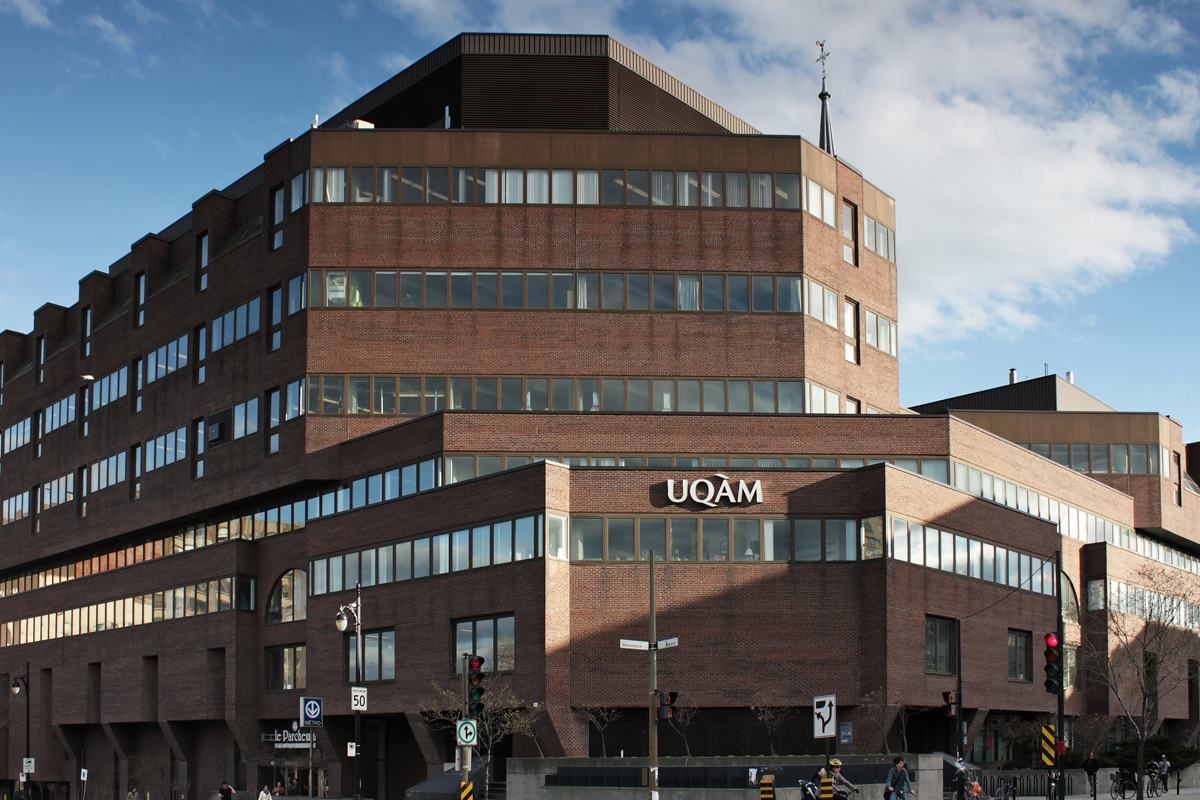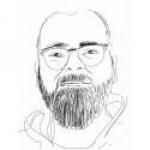
There were, however, a number of features at the meeting that made me think that HET as a disciplinary subfield of economics is not at a turning point anymore. The turn has occurred some time ago and I would argue that we are now past the point of no return. You may see this as either a good or a bad thing, depending on how you situate yourself in the debates that have peppered our field over the past two decades or so, but here are the facts:
There were approximately 100 participants at the conference. One hundred historians of economics is always a good thing, but it is also a decreasing number - I did not attend the past three conferences but my feeling is that we were far more numerous to attend the HES meeting in Denver (2009) or in Toronto (2008). I found it quite surprising in the sense that Montreal is a vibrant city and I expected that the fact it is more cosmopolitan than, say, Syracuse, would draw more European researchers. What happened, I believe, is most that European historians have privileged the European conferences such as the ESHET and the Charles Gides meetings, which had a lot of sessions and participants. It is possible, also, that the current crises makes it more difficult for research institutions to pay for overseas travels. Yet, I think the evolution is even deeper than that.
The three researchers that were distinguished by the HES awards (best paper, best thesis and best book) are all located outside of economics departments. Dotan Leshem, who received the best paper award for his work on the origins of oikos nomos,is at the Instititute of Comparative Literature and Society at Columbia; Catherine Herfeld, who received the Dorfman Prize for her dissertation on rational choice theory studies philosophy at the University of Munich; and Jeremy Adelman, who received the Spengler award for his intellectual biography of Albert O. Hirschmann, is a historian at Princeton University. All in all, the best history of economics, according to three subcommittees of one of the two main scientific societies in the field, is now done by people who are not subdiciplinary historians of economics. And these people are just the trees hiding the rest of the forest. At the last HISRECO meeting in Sienna, I met Tim Shenk and we talked a lot about this: there is definitely a world out there! Tim is doing some very nice work on the history of economics, the article he presented there on Maurice Dobb is very promising and I am sure that we will hear a lot about the PhD dissertation he is completing in the history department at Columbia. At the HES meeting, the invited lecturer was the historian of science David Engerman. His current work on economic expertise in India is brilliant. I could cite many more: Verena Halsmayer, a historian of science in Vienna, is completing her PhD dissertation on economic modeling, Michele Alecevich at Columbia is writing a groundbreaking history of development economics. There are many scholars who are studying the history of economics in the history, philosophy or sociology departments of major research institutions in the US and in Europe.
Meanwhile, at the HES meeting, Steve Kates complained that economics is not interested in the history of economics anymore. He is right, economists, in their vast majority, do not want to hear about historians of economics. Personally, I am honoured to be part of a mainstrean economics department in France, but I know I am in a minority position. My colleagues are sometimes interested in my work but as a whole HET is not very appealing to them. It might be a good or a bad thing but it is so. On several occasions at the HES meeting, Thomas Piketty has been mentioned as someone who is reviving some historical tradition but I believe that his otherwise excellent work does not have anything to do with the history of economics as a subfield. Piketty’s historical understanding is grounded in the French tradition à la Braudel, not in the kind of works historians of economics do. On the whole, although economists have argued that we should study history more following the 2008 crisis, it did not affect the content in top economics journals and we are 6 years away from the beginning of the crisis. Look at the top 5 journals and you will simply not find any material related to what we see as the history of economics as a subfield. History of economics as we used to know it is now an almost defunct enterprise but, outside of economics departments, history of economics is thriving. It is, I think, more encouraging than worrisome, we have a whole new community to address and the only depresssing thing about this situation, in truth, is that most of our colleagues fail to recognize it (but that, also, is changing).
On a more personal note, this HES meeting made me realize I am not so much a young scholar anymore. I chaired the young scholar session and I believe that is a sign I should ackowledge. For this reason, this post will be my last contribution to this blog. I would like to thank my fellow bloggers for all the fun during those past six years.



